One way to beat corruption is to cut out the middleman. The World Health Organisation decided that this would be essential in Karachi for its polio campaign. It would directly pay the vaccinators instead of routing the money through the government. This formula had, after all, worked beautifully in Nigeria.
What the WHO had not foreseen, however, was that the vaccinators would try to scam it.
The direct disbursement mechanism was simple. Previously, the WHO would let the government employ people for the campaigns. This was based on three hours of work on a polio campaign. The individual had to be over 18 years old and from the area they were targeting.
The district administrator would give the WHO each vaccinator’s name and if they were selected, the WHO would transfer Rs1,000 to the administrator’s account. The administrator would then pay the vaccinator. With the new mechanism, however, WHO was supposed to transfer the payment to a bank that would then give vaccinators the money when they showed an ID card. The idea was to ensure timely payments and prevent district administrators from siphoning the money off.
But it surfaced recently that in Baldia Town, the Computerised National Identity Cards which the town health officer sent to the WHO for paperwork turned out to be fake.
An official with the Sindh health department who wished to remain anonymous claimed that the organisation was unable to pay the workers in Baldia because more than 80% of the identity cards were not in the National Database and Registration Authority’s official records.
Once the WHO suspected something was afoot, it wrote a letter to the federal and provincial authorities, including the provincial health minister and health secretary. The Express Tribune has acquired a copy of the letter titled, ‘Unacceptable data of the DDM in Baldia Town, Karachi’, in which the WHO has claimed that no other district has such a high number of duplicated or fake identity cards.
It complained that out of the 617 vaccinators, only 102 employees had submitted confirmed identity cards, and from 74 people in charge of an area they had only received 15 copies. As far as the union council medical officers and team members were concerned, WHO said that it had either not received identity cards or had received a copy of an identity card it already had.
So it could be the case that several people from one family applied to be vaccinators with one ID card. But this means that the banks cannot pay them all. One payment is made for each single ID card shown. Multiple payments cannot be made on one ID card.
According to a source in the health department, WHO believes that although the identity cards were not fake, they were duplicating cards of workers who had submitted them for others. “This shows that ghost employees are not just a concept, they are real,” he said. “The fact that these employees don’t exist or the district health department is not employing people according to WHO criteria explains why the polio campaign has failed in the country.” So it could be that people younger than 18 years of age have been signing up to be vaccinators.
In the letter, the WHO also doubts whether these health workers will ever be paid in the future as it is impossible to do so without correct names, documentation and corresponding identity cards.
WHO’s senior coordinator for polio eradication Dr Elias Durry said that he could not comment on the issue and they were looking into it.
While talking to The Express Tribune, the special assistant to the prime minister and national focal person on polio eradication, Shahnaz Wazir Ali, said that the decision to use direct disbursements was taken because WHO was not receiving verified expenditure statements from many districts. In some areas, four payments were being made to the same person. Although Ali did not take names or point fingers, she said that this was rare but they could not ignore it.
On the other hand, Baldia town’s health officer, Dr Arif Niaz, says that due to a lack of awareness, many employees did not have identity cards. As far as duplicating identity cards of other workers was concerned, Niaz claimed that many employees were from the same family and shared identity cards. “Why should people make identity cards just to get Rs250 a day,” he said. For his part, Sindh Health Minister Dr Sagheer Ahmed said that he would look into the matter as the complaint was filed on September 13. “The WHO had played a positive role in Pakistan and this was why we have always encouraged its work,” he added.
Published in The Express Tribune, September 20th, 2012.
COMMENTS (2)
Comments are moderated and generally will be posted if they are on-topic and not abusive.
For more information, please see our Comments FAQ




1725967717-0/Untitled-design-(3)1725967717-0-165x106.webp)
1730547935-0/Untitled-design-(5)1730547935-0-270x192.webp)

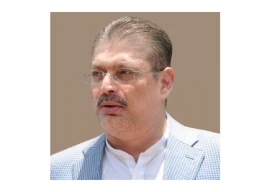
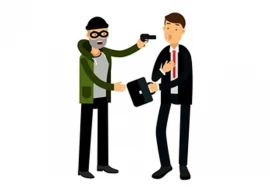
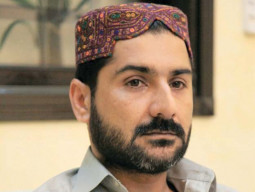
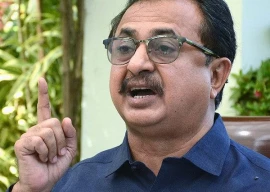
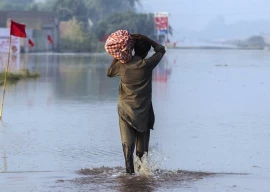





All corrupt from top to bottom